
Answer:
EpiCor® is a branded ingredient produced from the fermentation of "whole food" by brewer's yeast (Saccharomyces cerevisiae). According to the original manufacturer (Embria Health Sciences, which was later acquired by Cargill), it contains number of compounds including beta glucan (a type of soluble fiber), as well as amino acids, vitamins, polyphenols and "many beneficial metabolites" for "proven immune strength."
As described below, some preliminary studies, funded by Embria and later by Cargill, suggest that EpiCor may modestly improve certain measures of immune function and slightly reduce the incidence of cold or flu symptoms in adults, but the evidence of benefit in children appears to be only modest and mixed.
Possible health benefits
Immune system function and allergy
EpiCor may cause an increase in saliva immunoglobulin A (IgA) (which may help to protect from microbes), although the evidence is mixed (Singh, Pediatr Res 2024; Jensen, Open Nutr J 2008; Moyad, Adv Ther 2009).
A study during allergy season among 96 adults with a history of seasonal allergies reported that those who took 500 mg of EpiCor daily for three months experienced fewer days, on average, with nasal congestion compared to those who took a placebo (about 17 vs. 23 days, respectively) and slightly lower scores for severity of nasal congestion (1.29 vs 1.43, respectively), but only during the six weeks when the pollen count was the highest. There was no improvement in symptoms such as sneezing, and watery, itchy eyes (Moyad, Adv Ther 2009).
Cold and flu
A double-blind, placebo-controlled study among 116 adults during cold and flu season (December — March) who had received a flu shot found that a 500 mg dose of EpiCor taken daily for three months slightly reduced the incidence of cold and flu symptoms compared to placebo, from an average score of 1.42 to 1.26 (Moyad, Urol Nurs 2008). Those who took EpiCor and did get a cold or flu also reported having symptoms for a shorter period of time than did those given placebo, although the difference compared to placebo was quite modest — about 4 ½ days versus 5 days. A similar study in adults who had not received a flu vaccine found that the occurrence of cold and flu symptoms was slightly lower among those who took Epicor (500 mg daily for three months) compared to placebo (an average of 1.32 vs. 1.51 clinical events, respectively), although there was no decrease in the duration of symptoms (Moyad, J Altern Complment Med 2010).
On the other hand, a study in Canada among children (average age 9) showed that taking 500 mg of EpiCor daily for 12 weeks during flu season did not significantly reduce the percentage of children who experienced cold/flu symptoms, nor did it reduce the duration of symptoms that occurred or the number of missed school days, compared to placebo, although the severity of symptoms was slightly lower and less children taking EpiCor used cold/flu medication (Singh, Pediatr Res 2024).
Safety
It was reported in the above studies that EpiCor appears to be safe when taken at a daily dose of 500 mg for up to three months, with the number of adverse events being similar to or fewer than those among people taking placebo -- although the specific types of adverse events experienced by each group were not reported. According to Embria, EpiCor is self-affirmed GRAS (generally recognized as safe) and can be taken at a dose of up to 3 grams per day. However, be aware that certain medications have been reported to interact with brewer's yeast, from which EpiCor is derived.
Cost
EpiCor is sold by a number of supplement brands (Now Foods, Doctor's Best and Dr. Whitaker's) typically at a daily dose of 500 mg — the same amount used in clinical studies. Products tend to range in price from about $13 to $30 per two-month supply (sixty 500 mg capsules); some combine EpiCor with other ingredients, such as vitamin C, zinc, selenium, and ashwagandha, although there do not appear to be clinical studies on the effects of these combinations.
The Bottom Line
Preliminary, company-funded studies suggest that if EpiCor is taken daily during flu season it may slightly reduce the chance of getting a cold or flu and slightly reduce the incidence and duration of illness among adults, but the benefit among children appears to be modest and mixed. Similarly, if taken throughout allergy season it may slightly reduce nasal congestion but not other allergy symptoms such as sneezing and watery, itchy eyes. The clinical dose of Epicor is 500 mg, taken once daily. Larger, independent studies are needed to confirm these benefits as well as the long-term safety of Epicor.
Join today to unlock all member benefits including full access to all CL Answers and over 1,400 reviews.
Join NowAlready a member? Sign In Here.
Join now at www.consumerlab.com/join/

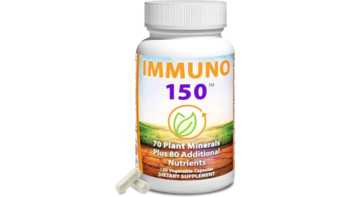
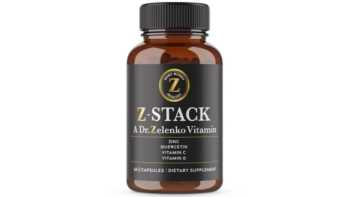
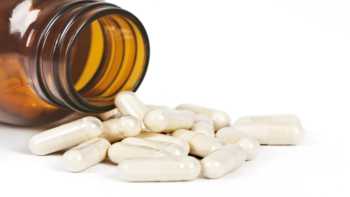
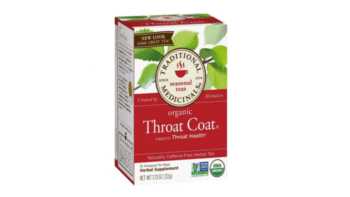
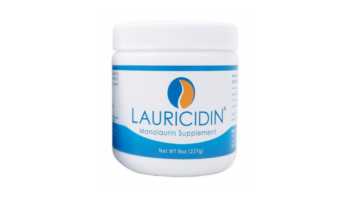








Submit your comment
This feature is restricted to active members.
Join now to add comments and get all member benefits, including over 1,400 reviews.
Join NowAlready a member? Sign in here.